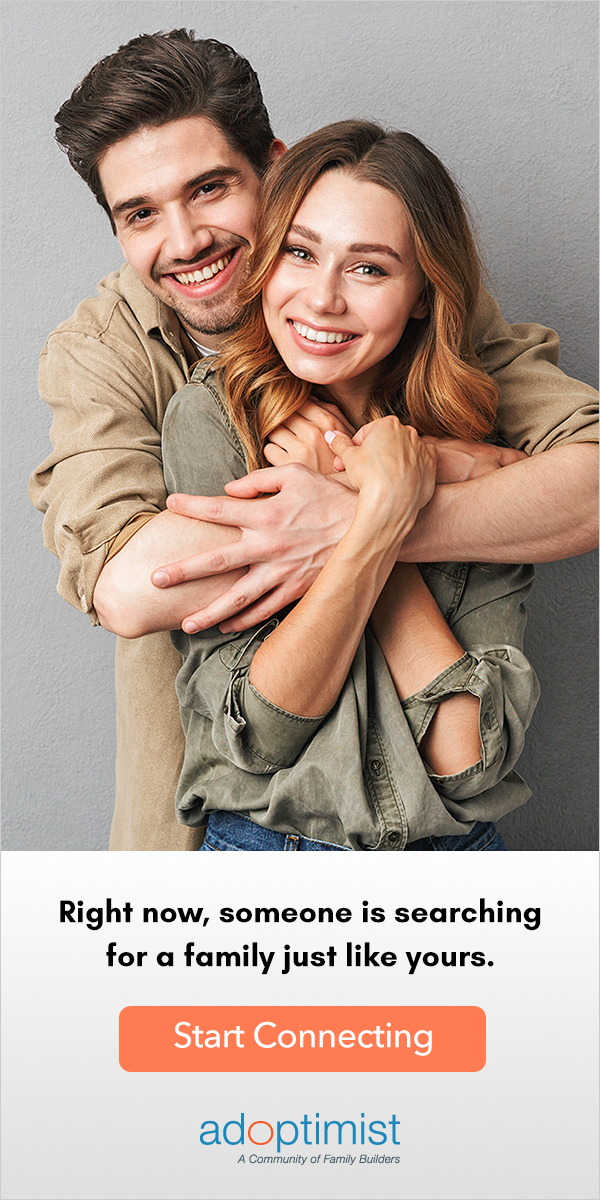What Is Open Adoption: How To Choose The Right Type of Adoption For Your Child

As you are considering placing your baby for adoption, you will need to think about the kind of relationship you would like to have with your child as he or she grows up. Do you wish to remain in your child's life in some capacity (i.e., occasional visits, web chats, photos, and family updates)? Or perhaps there are life circumstances that have led you to want to completely detach yourself from your child. These are important decisions that will have a lasting impact on you and your child. So it is best to carefully consider all of your options before giving birth.
What Is Open Adoption?
Open adoption is a type of adoption in which birth and adoptive parents have and maintain some form of contact with each other after the birth and placement of the child. In an open adoption, a birthmother (or birthparents) selects the adoptive parents, they meet, and begin a relationship prior to the birth and placement of the child. They will exchange identifying information about each other (such as names, phone numbers, email) and have ongoing contact with each other throughout the adopted child's life. This contact can take a variety of forms including visits, phone calls, photos exchanges, and updates on the how the child is doing. Today, some form of open adoption is the most common choice for birthmothers. It is seen by many as the healthiest type of adoption for the child.
Advantages of Open Adoption
Many birthmothers find comfort in seeing their child grow up happy and healthy. They are able to have a personal relationship with the adoptive parents and their child. There is also a sense of empowerment for a birthmother that comes with having control over their adoption plan.
Having a direct link to one's birth family is very beneficial for an adopted child. The child is able to have questions answered directly from his or her birth parents. The secrecy and shame associated with being adopted is removed in open adoptions. The child also has direct access to valuable medical information as he or she develops over the years.
It’s important to keep in mind that open adoption is not legally enforceable in all states. And even in the states where it is legally enforceable, doing so can be quite difficult. Open adoption is not co-parenting. Having an open adoption will not necessarily help with any grief and loss you may be experiencing. The adoptive parents have all legal rights and decision-making powers for the child, as well as all financial responsibilities. Open adoption is not a one-size-fits-all solution; no two open adoptions will be the same. So you will have to discover what works best for your particular situation and all of the individuals involved. Start planning early with the adoptive parents!
Semi-Open Adoption
A semi-open adoption, which is also sometimes called a mediated adoption, is a form of adoption in which the birthmother may still choose the adoptive parents for her child but any pre and post-adoption contact goes through an adoption agency or attorney. First names may be shared but identifying information such as last names and addresses are not. Typically there is ongoing contact post-birth and placement, such as the sharing of photos and updates on how the child is doing. But this is all done through a third-party professional and sometimes for a limited amount of time only.
In semi-open adoptions, birthmothers have the benefit of having some control in decision making regarding their adoption plan. But they can also maintain a sense of privacy that is beneficial for those that are not quite as open about their situation. Some birthmothers also choose semi-open adoption because the option of personal visits and close contact is daunting or too difficult emotionally.
Closed Adoptions
A closed adoption is a form of adoption in which the birth parents surrender all parental rights, usually to adoptive parents who remain unknown. Closed adoptions, also known as confidential adoptions, are becoming rarer in the United States. In a closed adoption, the birthmother usually does not choose the adoptive parents. This is done so by an adoption agency or attorney. If any information is shared, such as limited, non-identifying medical data about the birth family, it is done so through the adoption agency or attorney. Closed adoptions may beneficial for birth parents when life circumstances necessitate privacy or distance from an unplanned pregnancy.
Which Type of Adoption Will You Choose?
Ask yourself the following questions to gain a better sense of which type of adoption will be best for you and your baby:
- Do I want to choose who will raise my child?
- Do I want to meet the parents who will raise my child?
- How closely do I want to know my child and learn about his or her development? Just photos and updates or actual face-to-face visits?
- Am I comfortable sharing identifying information with the adoptive parents?
- Am I comfortable allowing someone else to choose who will raise my child?
- Do I want to be there to provide ongoing medical information should medical problems arise for my child?
- Do I want to wait until my child is older to know him or her?
